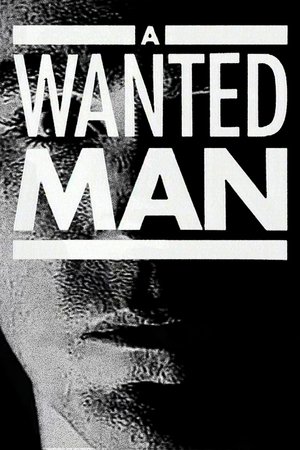
A Wanted Man is a groundbreaking three‐part British miniseries first shown on BBC2 in September 1989. Directed by Nicholas Renton and written by Malcolm McKay, it evolved from his earlier one‐off play “The Interrogation of John” into a daring trilogy. The series follows the capture, trial, and psychological unravelling of a serial killer, offering an in‐depth exploration of criminal behavior and the ethical dilemmas faced by the justice system. With deliberate pacing, stark realism, and an unflinching look at human darkness, it challenges conventional crime dramas and compels viewers to confront unsettling questions about responsibility, morality, and the nature of evil. Critically acclaimed and award‐winning, A Wanted Man remains essential viewing for anyone seeking a thought‐provoking, intense, and unforgettable drama experience that not only entertains but also forces a deep reflection on the fragility of human nature and the complexities of justice.
Showing Season 1 of 1

A Wanted Man
1989
The series follows the capture, trial, and psychological unravelling of a serial killer, offering an in‐depth exploration of criminal behavior and the ethical dilemmas faced by the justice system.

01. The Interrogation of John
1989-09-25
This opening episode, originally a standalone play, is retroactively designated as Part One of the trilogy. It sets the stage with an intense, claustrophobic interrogation of a murder suspect. Viewers are drawn into a tightly wound narrative that scrutinizes the early moments of a criminal case. The raw dialogue and meticulous pacing establish the series’ commitment to exploring the psychology of a serial killer and the inherent dilemmas of the justice system, creating an atmosphere of suspense and moral ambiguity.

02. Episode 2
1989-09-27
In Part Two, the story shifts to the courtroom where the truth begins to unravel. “The Secret” delves deep into the trial, revealing hidden facets of the suspect’s past and the complexities of legal ethics. This episode emphasizes the clash between institutional procedure and personal morality, forcing viewers to confront uncomfortable questions about justice. With a focus on the evolving dynamics between the prosecution, defense, and the enigmatic killer, it challenges preconceptions about guilt and redemption.

03. Shoreland
1989-10-02
The concluding episode, “Shoreland,” examines the aftermath of the trial. Here, the narrative takes a reflective turn as it explores the fate of the serial killer in a psychiatric institution. The episode underscores the long-term implications of the criminal justice process, both on the individual and societal levels. By offering a deep, introspective look at the psychological and ethical fallout, “Shoreland” compels viewers to consider how society deals with extreme deviance and the blurred boundaries between punishment and rehabilitation.
